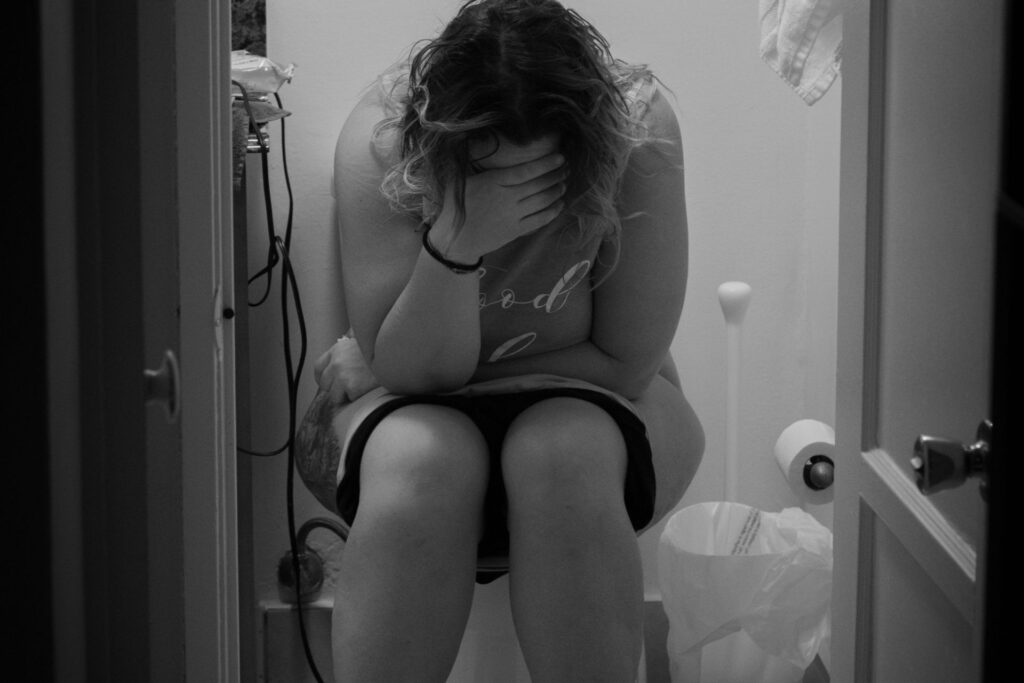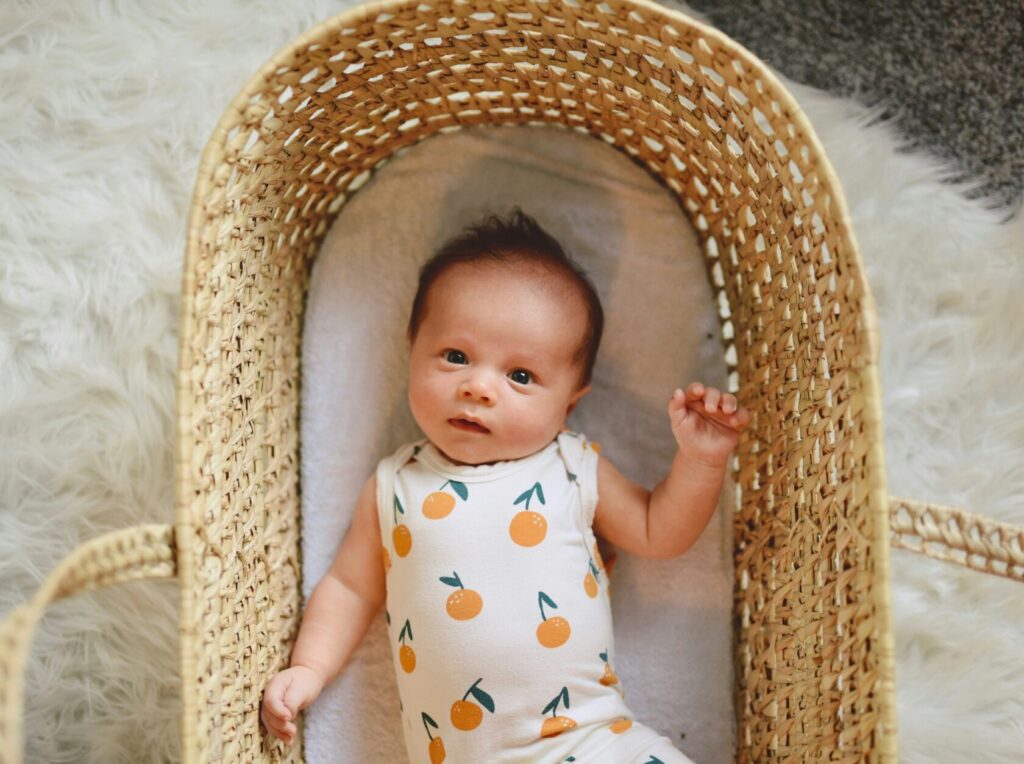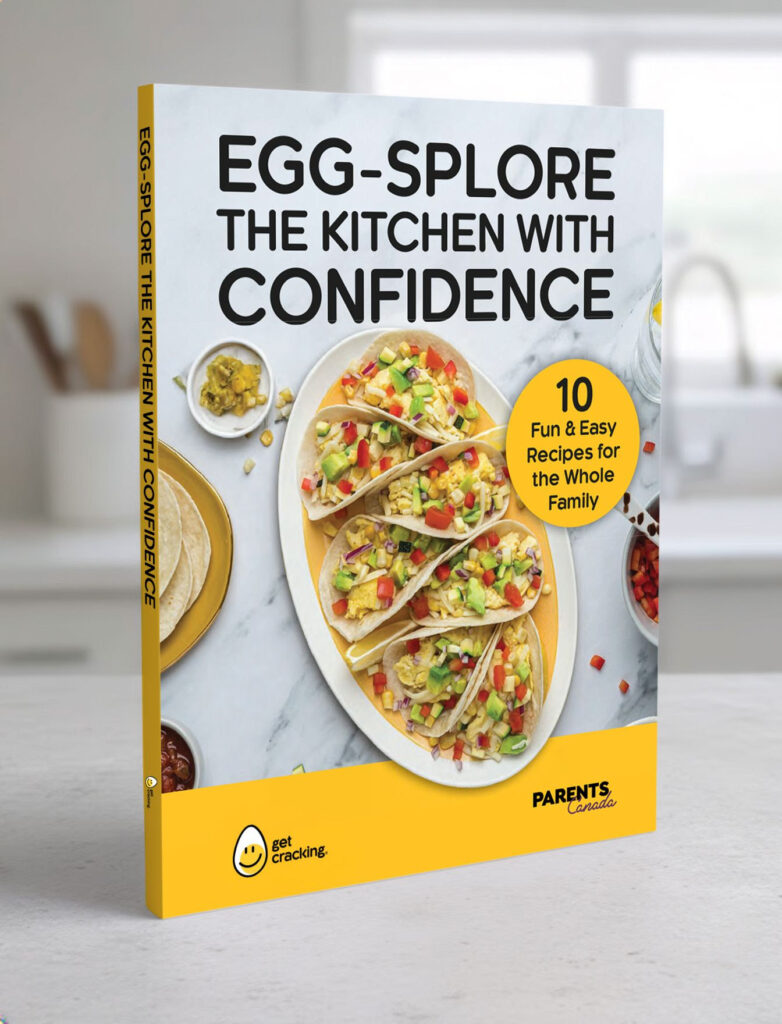If you’re over 35, you may find it harder to get pregnant since your fertility peaks in your early 20s, says Dr. Carrie Schram, a Family Physician at Women’s College Hospital in Toronto. She specializes in low risk obstetrics and works at a fertility centre as well.
“There is a noticeable difference in a woman's ability to get pregnant after age 30 and it becomes more pronounced after age 35. The egg quality and quantity decreases, too. Time is of the essence.”
If you’ve already overcome this obstacle and are pregnant and over age 35, there are a few other things you should know.
“The vast majority of women between 35 and 40 will have a healthy baby, but their doctor can offer non invasive and invasive screening for abnormalities,” says Dr. Schram. Non-invasive options include blood work with or without an ultrasound. There are two types of invasive options that doctors will discuss with you only if your other standard screening tests are positive:
- Amneosentices: This is when doctors take fluid from around the baby at 14–16 weeks gestation. This should be offered at age 35, but the risk of it causing a problem is equal to there being a problem.
- Choronic villus sampling: Instead of taking fluid from around the baby, this is a vaginal procedure in which the doctor takes cells from the placenta to check chromosomes, and it occurs at 10–12 weeks. It’s invasive and there is a higher risk of miscarriage than an amneo.
If all goes well and you aren’t considered a high-risk pregnancy, you have the usual three choices for care provider: midwife, ob/gyn or a family doctor who does obstetrics. “If something comes up, you will be referred to a specialist.”
Older pregnant women should also take note:
- The miscarriage rate goes up; it is one in four for the average population, but when you’re in your 40s, the risk is 50 percent.
- These women may also be at higher risk of experiencing gestational hypertension, diabetes and problems with baby’s growth due to placental factors.
- They also have a slightly higher risk of needing a c-section than a younger mom.
- In addition, there is also anecdotal evidence that women over 35 are more anxious during pregnancy. “Mention to doctor if you’re feeling anxious because you can get counseling or support to cope with these feelings,” says Dr. Schram.
On the other hand, being older when you have kids has its benefits. “Perhaps you will have more patience and financial security,” Dr. Schram says. “When you’re older, you’re more committed in some ways; you’re more ready, you have planned and wanted. You’re prepared and have had time to put supports in place.”










